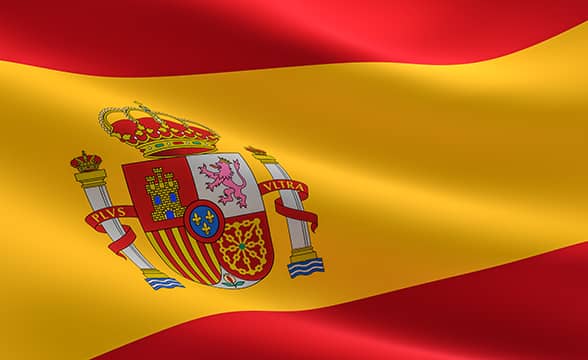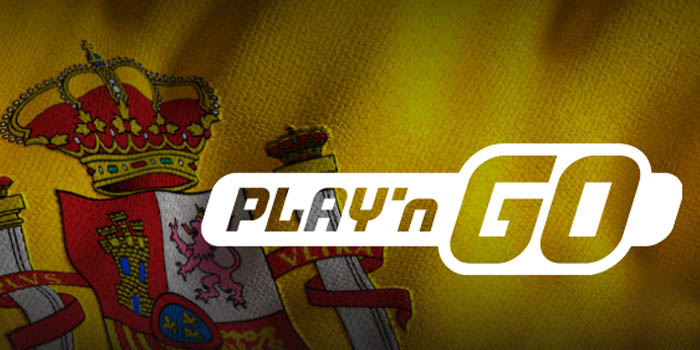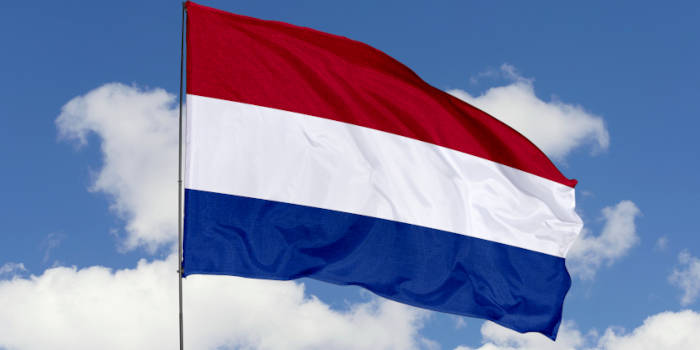DGOJ Delayed Reports of Serious Violations

Spain’s General Directorate for the Regulation of Gambling (DGOJ) has failed to provide the Ministry of Consumer Affairs (MCA) with the necessary information regarding a series of “serious” and “very serious” sanctions imposed on a number of online gaming operators. This has prevented the MCA to publish the information on time, causing an important reporting delay.
The Spanish Regulator Published Its Latest Sanctions Last November
Last year, the European country that recorded more than 1.47 million online players altered its gambling regulations in an attempt to offer more clarity in regard to reporting guidelines. Ever since the new changes were officially implemented, the DGOJ was supposed to publish all “serious” and “very serious sanctions” against licensed operators, which it failed to do. The latest updates on the DGOJ platform date back to November 2021. Prior to the new rules, the Spanish regulator was not responsible for making this information public.
The MCA is only supposed to publish the respective sanctions against operators that have failed to comply with the rules when administrative proceedings are underway. This was one of the main changes brought to the country’s Gaming Law.
Potential License Revocation for Operators Guilty of “Very Serious” Infractions
If over the course of two years, an online or brick-and-mortar gambling operator in Spain is found guilty of a series of “very serious” infractions at a state and regional level, the DGOJ is allowed to revoke their license. This is why the publication of all advertising sanctions is mandatory and critical for the protection of consumers and the well-being of the regulated gaming industry. In Spain, regional governments are the ones that manage offline sportsbooks, which is why they are required to collect information regarding any infractions at other levels.
An operator that has recorded at least two serious offenses in two years’ time has the potential to make a “very serious” offense, according to the gaming legislation in the country. Codere, which is one of Spain’s biggest operators in the industry warned it might lose its license at the start of the year. The Codere Online subsidiary informed NASDAQ of the potential problem, explaining it was at risk of losing its license in the country because of this very change in the Gaming Law.
19 Gaming Operators Were Fined in 2021 for “Serious” and “Very Serious” Infractions
In 2021, the MCA fined 19 gaming operators for a series of “serious” and “very serious” infractions, issuing a total fine that went over the €58 million ($59.88 million) mark. The figure was higher compared to the previous record of €55.8 million ($57.61 million) collected in 2020. Eleven of the 19 fines were issued to operators providing their services to S[panish players without owning a license. The rest of the fines were given to companies that enabled prohibited players in the self-exclusion register to wager real money. Last July, the MCA drafted a new gambling decree that would require operators to send detailed reports that would allow the industry to be regulated more effectively.
After finishing her master's in publishing and writing, Melanie began her career as an online editor for a large gaming blog and has now transitioned over towards the iGaming industry. She helps to ensure that our news pieces are written to the highest standard possible under the guidance of senior management.















